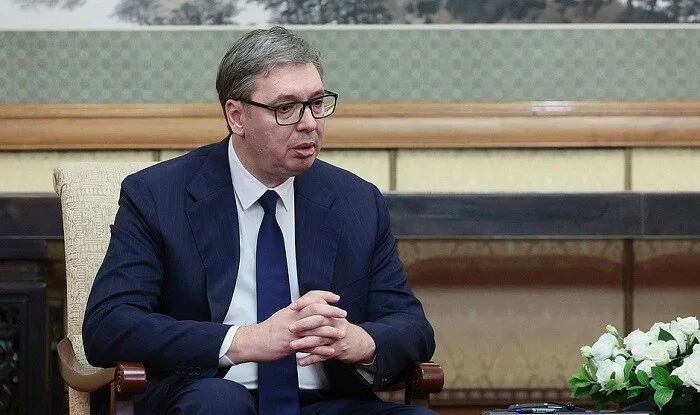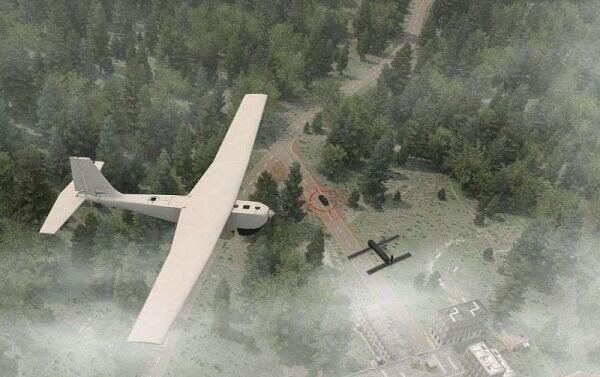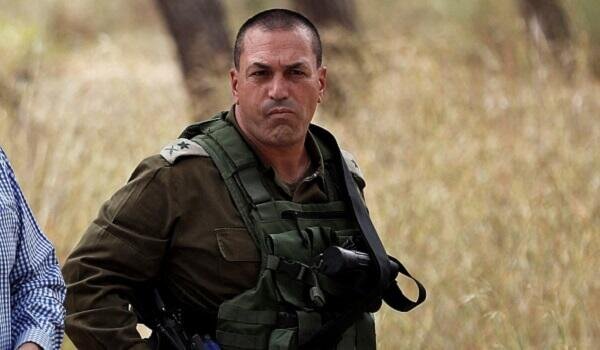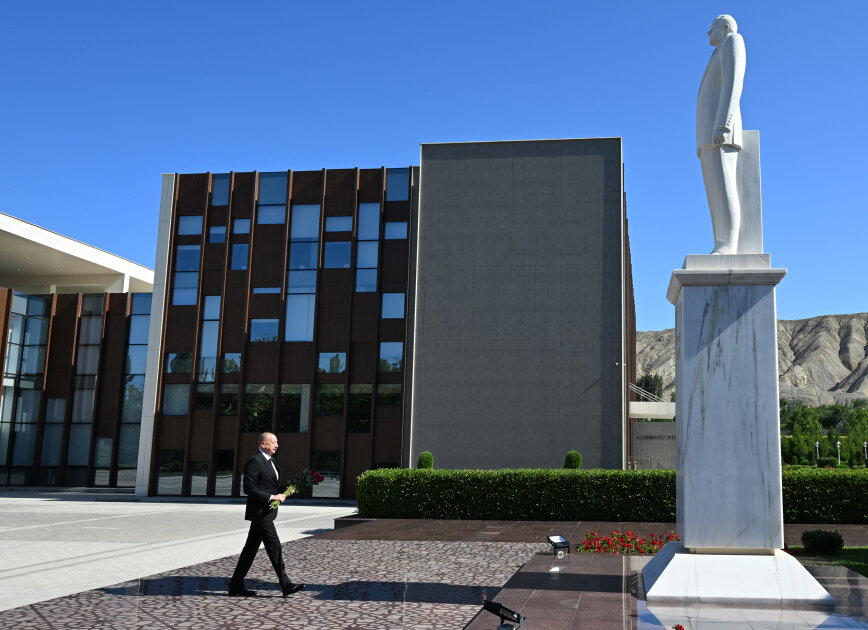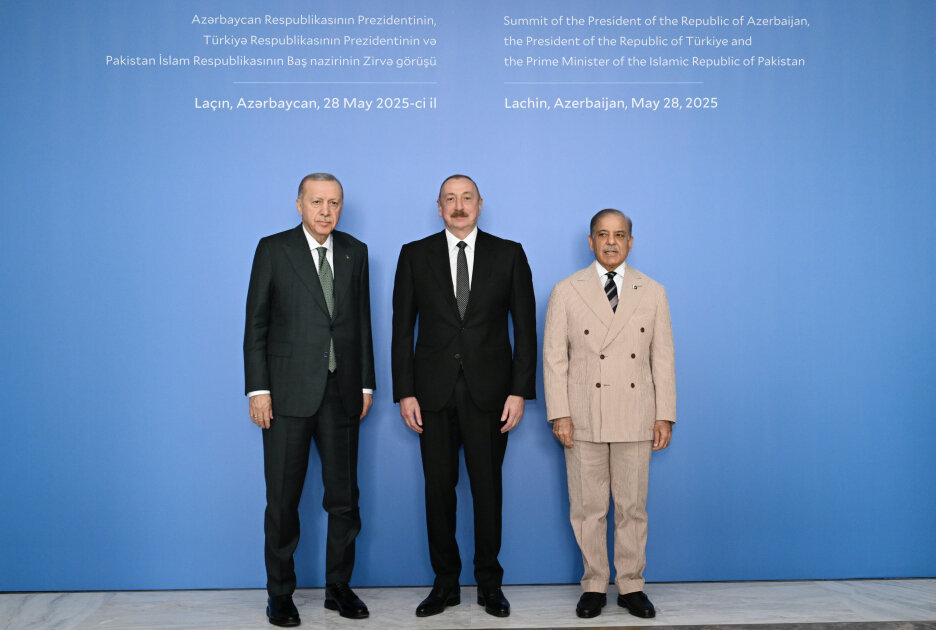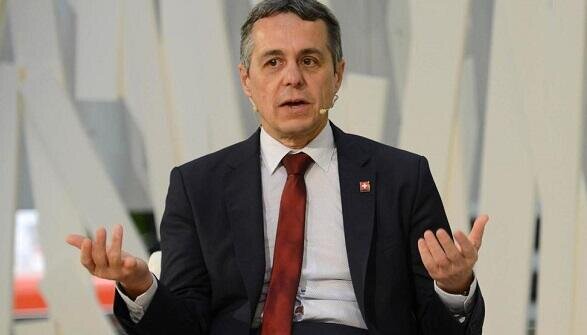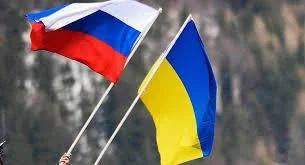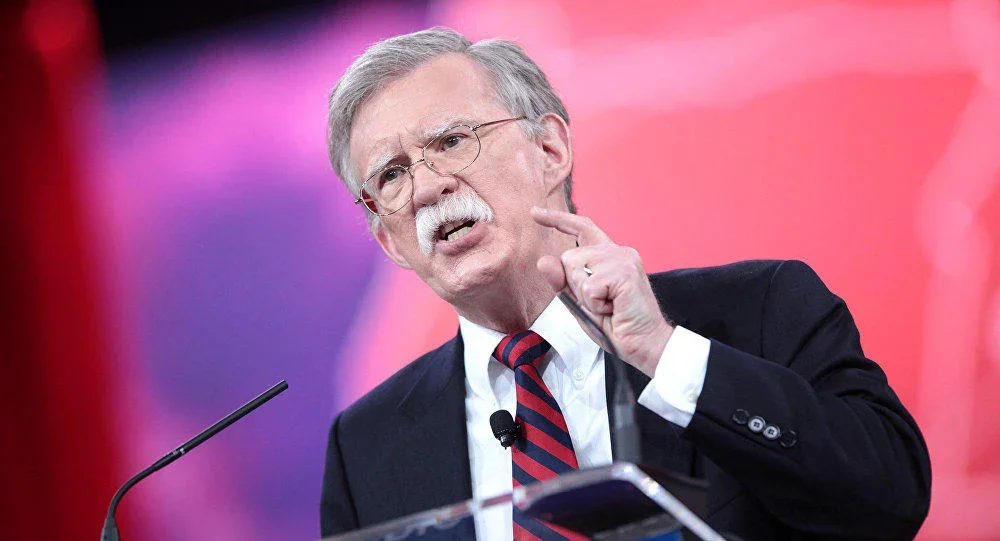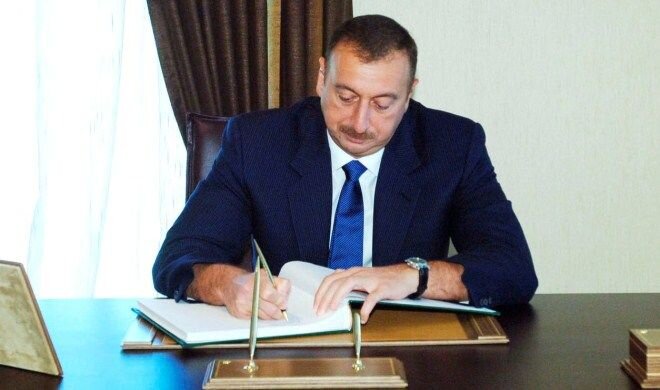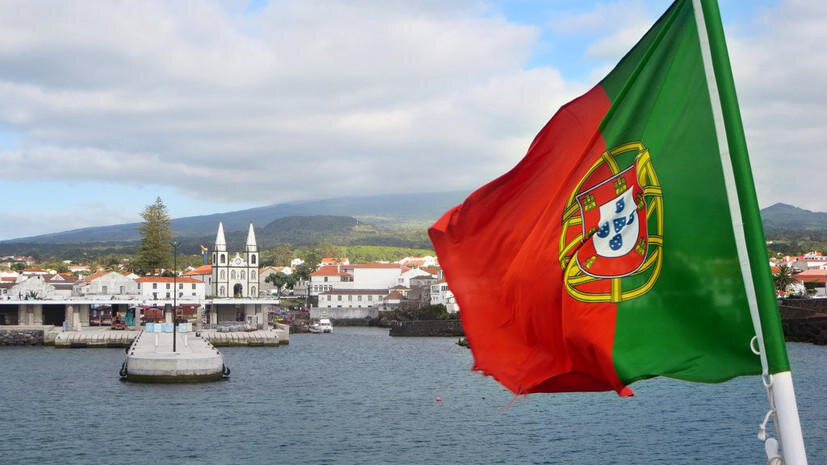Mukhtar Babayev: COP29 proved the power of international cooperation
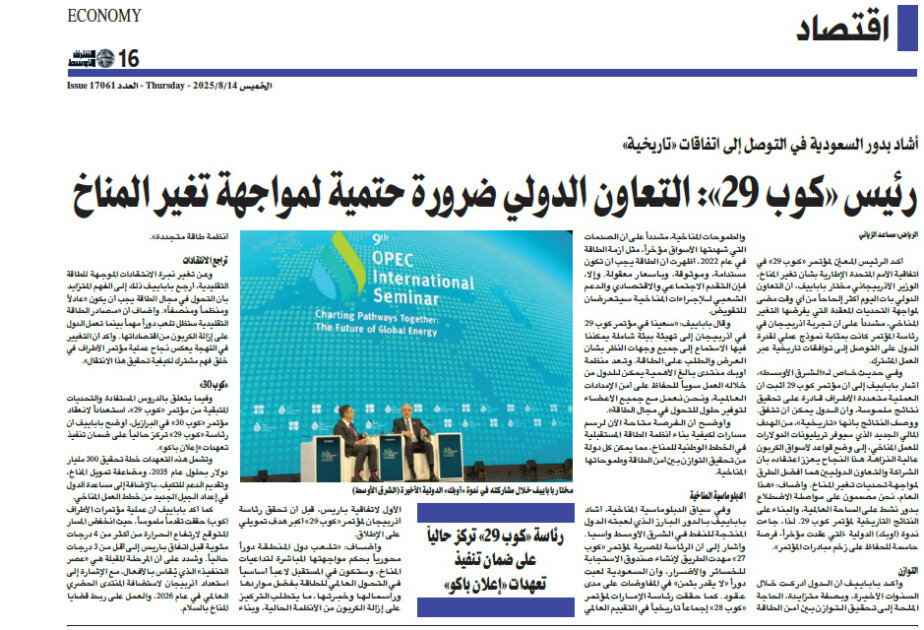 International cooperation is now more important than ever in tackling the complex challenges posed by climate change. Azerbaijan’s presidency of COP29 has become a practical example of how nations can achieve historic agreements through joint action.
International cooperation is now more important than ever in tackling the complex challenges posed by climate change. Azerbaijan’s presidency of COP29 has become a practical example of how nations can achieve historic agreements through joint action.
COP29 President and Azerbaijan’s Special Representative on Climate Issues Mukhtar Babayev said this in an interview with the London-based, influential Saudi newspaper Asharq Al-Awsat. “COP29 has shown that multilateral processes can deliver concrete results and that countries can reach consensus. The new financial goal will provide trillions of dollars for climate action, and rules have been established for highly transparent carbon markets. These achievements prove that international partnership is the most effective way to combat the climate crisis,” Babayev stressed.
The article also noted that, building on COP29’s historic outcomes, Azerbaijan will continue to play an active role on the global stage this year. The International OPEC Seminar has served as a key platform for cooperation on critical energy transition issues, including power grids, storage systems, corridors, and hydrogen.
Babayev underlined that in recent years, countries have more clearly understood the importance of balancing energy security with climate objectives: “The 2022 energy crisis showed that energy must be sustainable, reliable, and affordable. Otherwise, socio-economic development and public support for climate action will weaken.”
The newspaper highlighted that Azerbaijan worked to create an inclusive environment at COP29, where the positions of all parties were heard.
Referring to President Ilham Aliyev’s message, Babayev noted that resource-rich countries should be at the forefront of the fight against climate change. Today, national climate plans offer favorable opportunities to design the energy systems of the future.
The interview praised the role of Middle Eastern and Asian oil-producing countries in climate diplomacy. It recalled that Egypt’s presidency of COP27 paved the way for the creation of the loss and damage fund, Saudi Arabia has played a “priceless” role in negotiations for decades, and the United Arab Emirates achieved a historic consensus during the first global stocktake under the Paris Agreement at COP28. Azerbaijan’s presidency of COP29, meanwhile, secured the largest financial goal in history. Babayev said that the countries of the region will play a leading role in the global energy transition, both because they are directly exposed to climate impacts and because they possess resources, capital, and expertise.
Babayev linked the decline in criticism of traditional energy sources to the growing understanding that the energy transition must be “just, gradual, and balanced.” He stated that the COP process has delivered real progress in curbing climate change. Before the Paris Agreement, the projected temperature rise exceeded 4 degrees; today it has fallen below 3 degrees.
Speaking about preparations for COP30, Babayev said that current efforts are focused on fulfilling the commitments in the Baku Declaration. These include mobilizing 300 billion US dollars by 2035, doubling climate finance, supporting adaptation measures, and assisting in the preparation of a new generation of climate action plans.
Babayev also noted that Azerbaijan will host the World Urban Forum in 2026 and will continue linking climate issues with the peace agenda.

